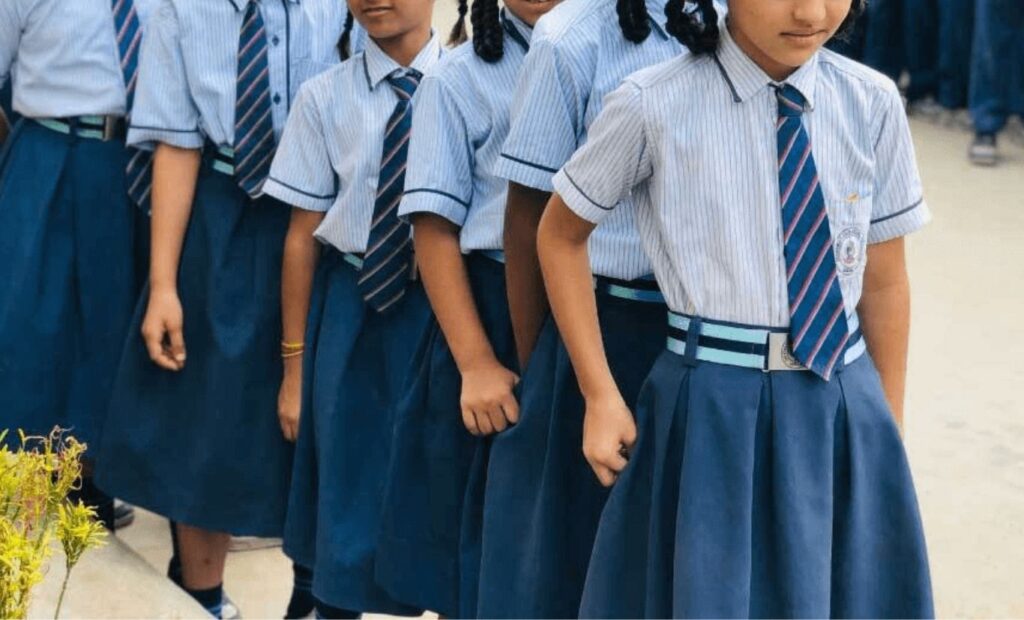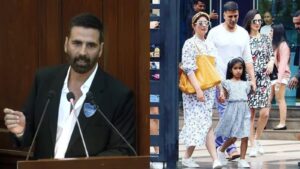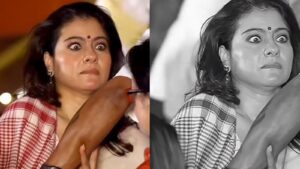State Government Scraps ‘One State One Uniform’ Policy Amid Public Backlash

State Government Scraps ‘One State One Uniform’ Policy Amid Public Backlash ( representational image )
School Management Committees Regain Authority Over Uniform Decisions
Mumbai: Responding to mounting opposition, the Maharashtra School Education Department has officially scrapped the ‘One State One Uniform’ policy. The decision, announced through a government order on Wednesday, reinstates the authority of school management committees to select the color and design of school uniforms. The revised system will come into effect from the academic year 2025-26.
Policy Scrapped After Implementation Challenges
Initially introduced in May 2023, the centralized uniform scheme aimed to standardize school attire across all government institutions. However, from the outset, it faced operational hurdles, including supply chain inefficiencies. When it was finally implemented in the academic year 2024-25, delays in distribution left approximately 32 lakh students without their second set of uniforms until late December.
Under the Central Government’s Samagra Shiksha Abhiyan (SSA), free uniforms are provided to all girls studying in government and local body schools from Class 1 to Class 8, as well as to students from Scheduled Caste (SC) and Scheduled Tribe (ST) communities and children from below the poverty line (BPL) families.
State Bows to Public Pressure
Following backlash over the centralized policy, the state government had initially modified its stance through a resolution on December 20, 2024, mandating that school management committees distribute uniforms based on colors and designs approved by the state. However, persistent concerns from parents, teachers, and education activists prompted the government to withdraw the scheme entirely, restoring full control to local school committees.
Stakeholders Welcome Decentralization
The decision has been widely welcomed by stakeholders. Nitin Memane, Vice President of the Purandar Taluka Primary Teachers’ Association, Pune, emphasized the importance of local decision-making. “Decentralization is crucial for improving quality at the grassroots level. It is gratifying to see the government return decision-making power to school management committees.”
Tushar Shevale, a member of a school management committee in Shahapur, criticized the previous policy’s execution. “Despite regulations prohibiting 100% polyester uniforms, the government distributed polyester outfits. Additionally, many students received their uniforms only in January, and some are still waiting.”
Criticism Over Policy Reversal
This marks the second major policy reversal from the tenure of former Education Minister Deepak Kesarkar. Education activist Bhausaheb Chaskar criticized the government’s handling of the situation, stating, “The lack of a clear vision and the stubbornness to enforce an impractical decision created chaos for students, parents, and teachers. Hopefully, this serves as a lesson for future policy-making.”
Relief for Local Manufacturers
The Maharashtra uniform manufacturing sector has also welcomed the decision. Prakash Pawar, Secretary of the Solapur Uniform Garment Manufacturers Association (SUGMA), expressed relief. “This move ensures timely distribution of comfortable uniforms to government school students and restores employment opportunities for over 10,000 workers across the state.”
With this latest decision, the state government aims to rectify the challenges created by the now-defunct ‘One State One Uniform’ scheme while reaffirming its commitment to localized governance in education.










